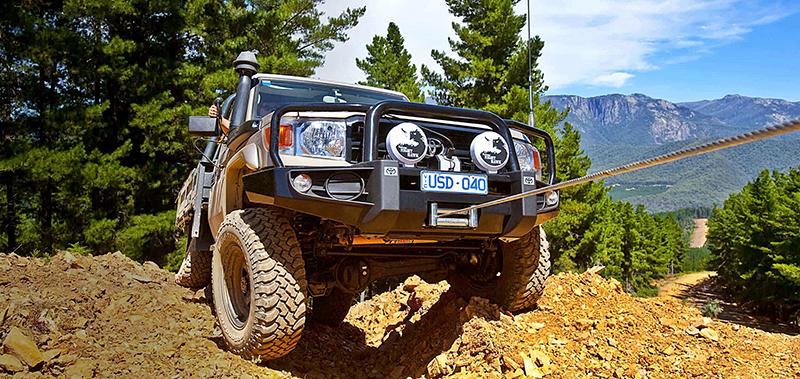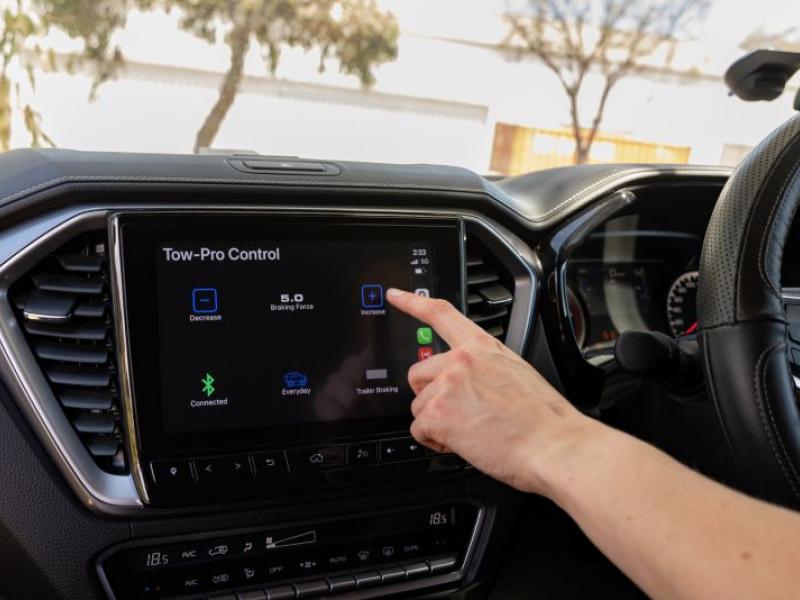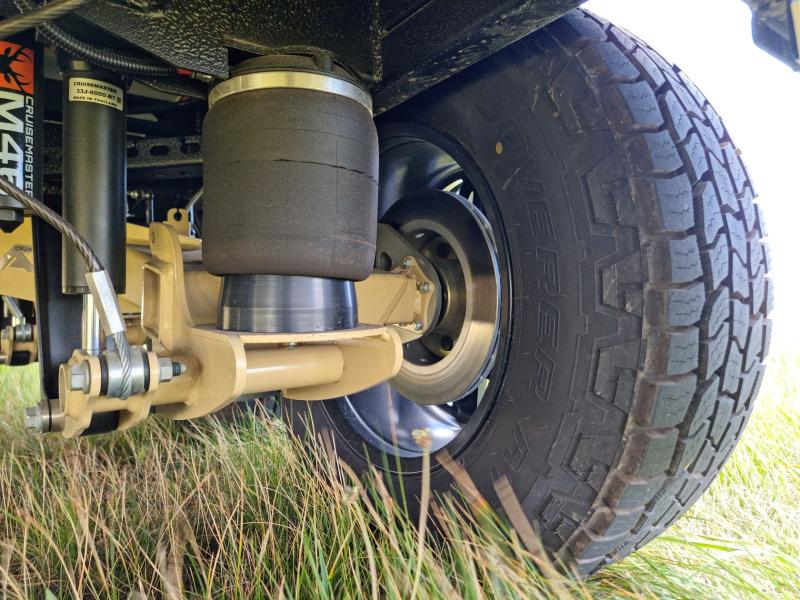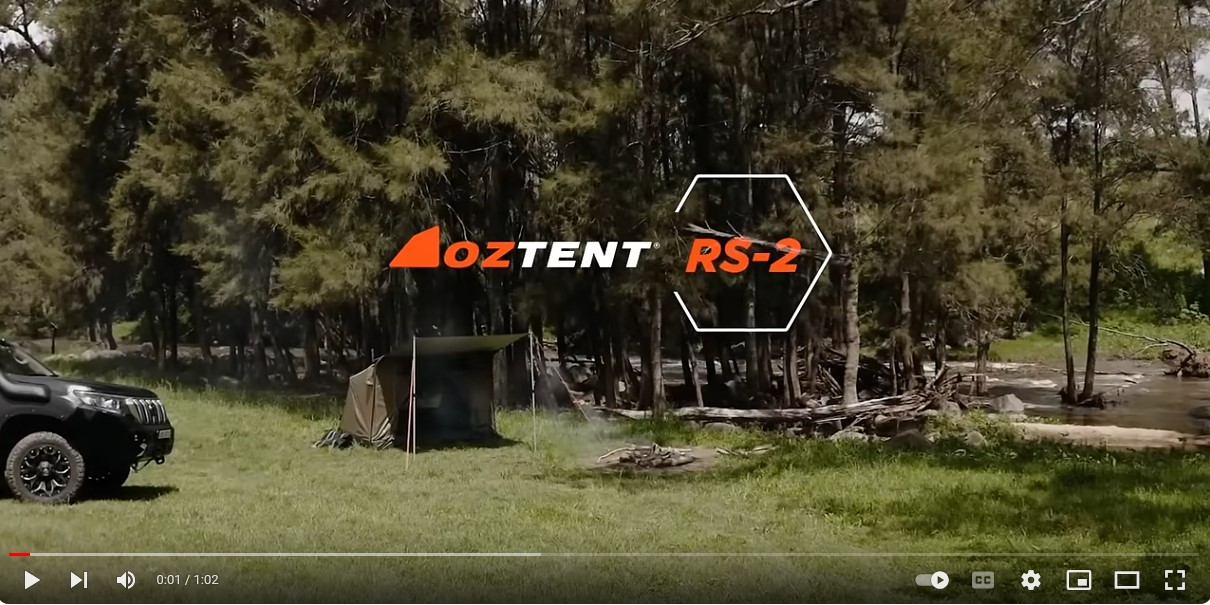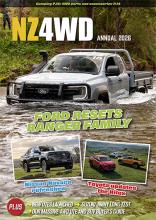It’s easy to be surprised. And not in a good way.
The headlines are many: “Family rescued after ten days in the bush,” “Lost adventurer wandered away from his stricken vehicle,” “Hunter ate tree bark to survive.”
Kiwi adventurous types are always well prepared when we go bush (or desert, or mountain). We always take a few handy tools and we would never dream of going unaccompanied. We carry a full complement of recovery gear so our mates can help us get de-bogged. It isn’t all that hard to end up in a situation where the safety of travellers and vehicle is decided by a well-considered list of essentials.
So what to take, and what to leave behind?
Start with some decent recovery gear: get a recovery-rated snatch strap; get a winch or buy a ‘come-along’ hand winch; go shopping for a sand/soil anchor, and a tree protector for those times when it’s only possible to get unstuck by using a tree as an anchor.
Beyond the gear in the vehicle it’s important to have a personal equipment list:
A decent survival knife. None of us are Rambo, but a good fixed-blade knife is priceless. Never trust a folding blade.
A first-aid kit, flashlight raincoat. These items are a no-brainer. NZ4WD’s event kit is a comprehensive maritime array that includes all the basics plus bigger wound dressings, sling bandages, pain meds and salves.
Go for an LED flashlight type with rechargeable lithium-ion batteries (don’t forget to charge them before leaving). A quality rain jacket will pay you back the first time you’re stuck in a downpour digging yourself out.
A D-handle shovel. Military surplus stores have great folding shovels that fit in an adventure ‘ready bag’.
Emergency food (snack bars, dehydrated hiking meals.
Water. Drinkable water can be hard to find in the great outdoors, where nasties like giardia and cryptosporidia are now rife.
Consider owning or hiring an emergency locator beacon.
One final point. When going overlanding always let someone know intended destinations, way points and expected time of return. It’s like filling out an intentions form when hiking in big bush – that simple act could save lives.


